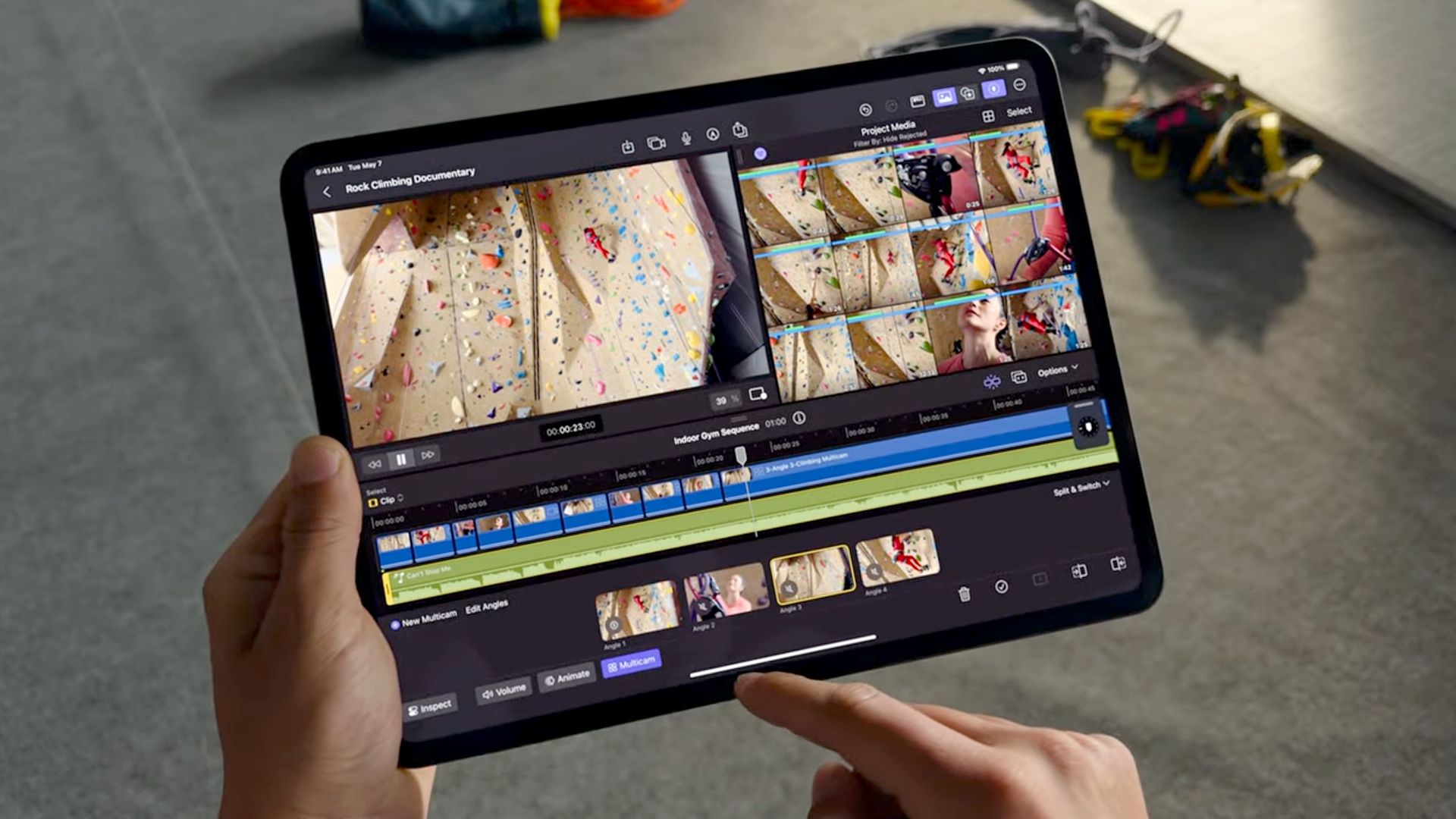Key Takeaways
- Apple’s Mac Pro and Mac Studio won’t get M4 processors until mid-2025.
- The new iPad Pros have the first M4 chip, making them faster than the current Mac Pro and Mac Studio models for single-core tasks.
- Apple’s move to M4 signals a push into generative AI, with OS updates expected this fall.
Apple’s highest-end computers — the Mac Pro and the Mac Studio — won’t upgrade to the company’s new M4 processor until the middle of 2025, according to Bloomberg‘s Mark Gurman. The claim comes in Gurman’s latest newsletter, published over the weekend. A firm launch date wasn’t provided, nor did Gurman say anything about which variants of the M4 will be used — presumably the M4 Max and M4 Ultra.

Best MacBook laptops: Expertly tested and ranked
MacBooks are powerful machines that professionals use to get work done. Here are the best ones available now.
Although the news was rumored, Apple surprised some people by debuting the first M4 chip in its new iPad Pros, skipping the M3 lineup entirely. This actually makes the new iPads faster than the current Mac Pro and Mac Studio when it comes to single-core tasks — the former comes equipped with an M2 Ultra, while the Studio has a choice of that or the more affordable M2 Max. Those chips do, however, make them much faster than iPads when it comes to multi-core tasks. While top-end iPad Pros have a 10-core CPU and a 10-core GPU, even the M2 Max sports a 12-core CPU and a 30-core GPU.
Professionals have sometimes complained that Apple fails to keep its desktop Macs current. The Mac Pro is a prime example, since it only made the jump to Apple Silicon in 2023, despite M-series chips having been out for years. A 2025 turnaround is relatively quick by comparison, and Apple may simply need extra time to finalize the integration of the M4 Max and Ultra, or whatever high-end architecture it intends to use.
Apple
What’s so special about the M4?
Apple is thought to have made the leap to the M4 in the 2024 iPad Pro for two reasons. One is to further distinguish it from the iPad Air, which only just gained an M2 chip. The other however is the company’s long-awaited push into generative AI, which should arrive alongside updates to iOS, iPadOS, and macOS this fall. Rumors indicate that much of this AI tech will be processed on-device, likely demanding new architecture to keep things running smoothly. During its recent iPad event, Apple focused heavily on AI-related app performance without mentioning any changes to iPadOS. AI specs could be even more important for the Mac Pro and Mac Studio, since professionals will be expecting them to handle large-scale tasks rather than just things like summarizing webpages.
We should see a preview of the new operating systems at this year’s Worldwide Developers Conference, which is scheduled to start June 10. Another related rumor is that because of a focus on privacy — and lateness to generative AI — Apple is planning to announce a partnership with ChatGPT creator OpenAI on prompts that require fetching data from the cloud. Apple has also allegedly been talking to Google about using Gemini, but an OpenAI deal may be closer to completion.





